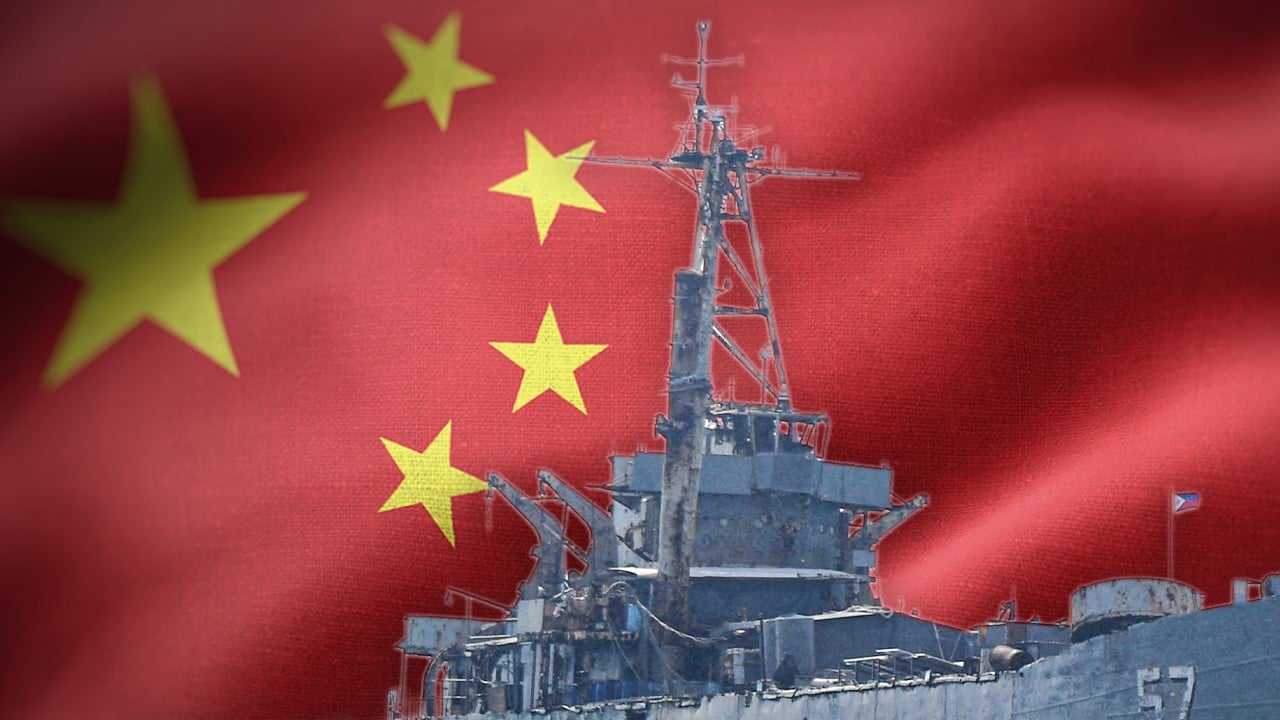An expansion of the agreement was “certainly an interesting idea” if Beijing and other claimants to the disputed areas of the South China Sea were willing to cooperate, Foreign Secretary Enrique Manalo said.
At a budget hearing in Congress on Tuesday, Manalo referred to the aerial incident in the West Philippine Sea, Manila’s name for the disputed maritime region that lies within its exclusive economic zone.
Manalo accused China of having “overtaken our airspace”, adding that the Philippines was “open to any discussion” with Beijing. The Philippines has launched a diplomatic protest over the matter.

Don McLain Gill, a geopolitical analyst and lecturer at the Department of International Studies at De La Salle University, warned against the Philippines pursuing an expanded agreement beyond the Second Thomas Shoal with China. Gill said Beijing had shown its goal was to maintain dominance when it escalated tensions into Manila’s airspace.
“Based on China’s foreign policy, they will ask for a trade-off because Beijing has to communicate to its domestic audience,” he told This Week in Asia.
“But I believe we still have to wait and watch what will happen in Second Thomas Shoal because one success does not equal the success of the agreement. We need to base it on China’s consistency.”
West Philippine Sea
Chris Gardiner, chief executive officer at the Institute for Regional Security in Canberra, Australia, told This Week in Asia that China and the Philippines were aiming to establish clear lines of their maritime territory.
In the case of Manila, it was working towards persuading other countries such as the United States, Japan, Australia and Asean members to accept its definition of the West Philippines Sea, Gardiner said.
Warning against ambiguities in any agreement reached between Beijing and Manila, he added that what was playing out in the South China Sea was a contest to reshape international norms and rules, comparing this to the ancient game of Go.
“Hybrid tactics, including political, legal, and psychological, are central to how China seeks to win the contest,” Gardiner said, arguing that Beijing sought to “portray its opponents as the ones acting unreasonably, recklessly and illegally”.
Matteo Piasentini, a security analyst from the China and Indo-Pacific desk at Geopolitica, an Italian think tank, said Beijing’s claim in the South China Sea based on its so-called 10-dash line meant it did not recognise the Philippines’ sovereign rights.
Any such expanded agreement should be in line with the United Nations Convention on the Law of the Sea and acknowledge Manila’s maritime claims, but it was unlikely Beijing would be agreeable to such a basis for negotiation and compromise its position, Piasentini said.
Joint air operations
On the latest aerial incident, Gill said China was attempting to open multiple fronts in the long-standing territorial row.
“China does not intend to stop at the coastguard level. This is not just a maritime dispute. This is [about] pushing back against its expansionism … whether through air or sea,” Gill said.
Calling for more “pressure” on China, Gill said the Philippines and its allies should not just conduct joint sails in the West Philippine Sea but also joint air operations.
Piasentini, however, argued that airspace was governed by different treaties unlike Unclos and that freedom of overflight was an internationally recognised principle.
“No state can claim sovereignty over airspace in the same way it claims it over [surface] territory,” Piasentini said, adding that details of the bilateral agreement over the Philippines’ resupply missions to the Second Thomas Shoal were also not available and it was difficult to assess its scope.
“I don’t think the agreement they’ve reached recently is about territory. It does not settle sovereignty claims. Rather, it seems more focused on managing how vessels interact and allowing resupply missions.”


